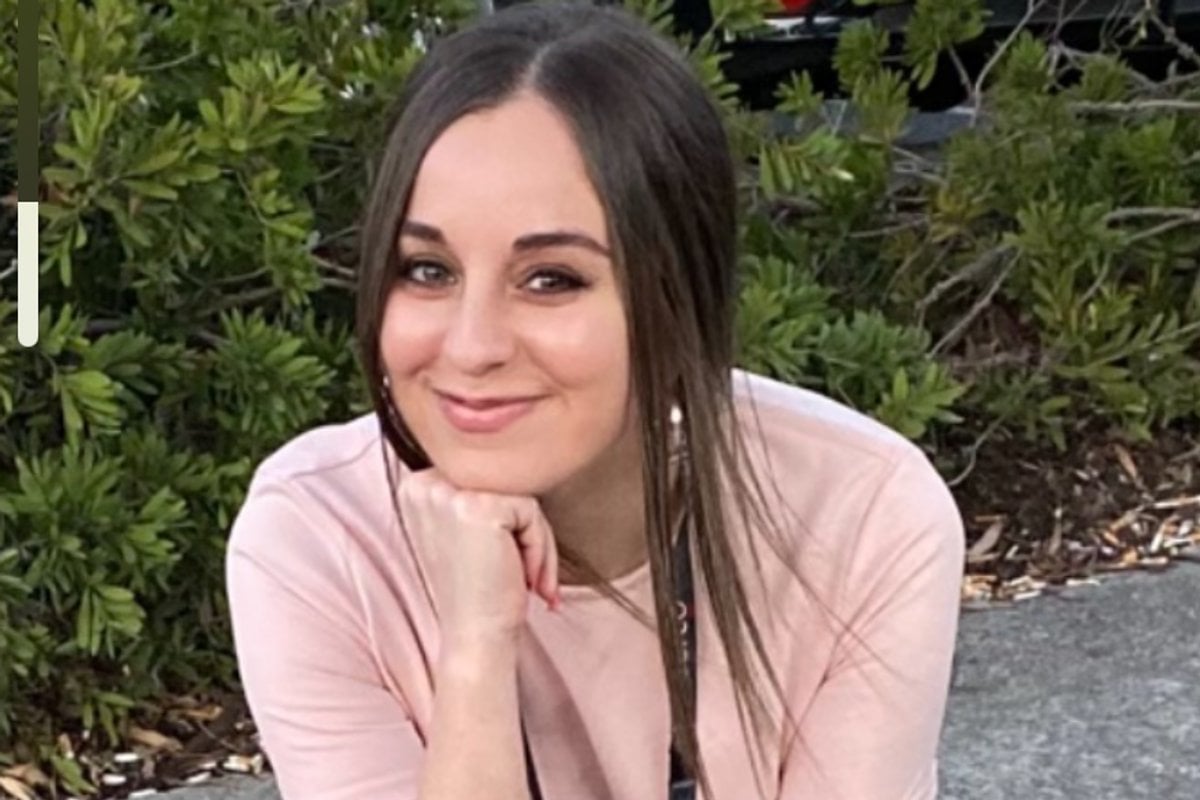
This post discusses violence against women.
For more than three years, I was incessantly stalked online by a woman I’d never met. Throughout that time, I told a small handful of people, and for the most part, significantly played down both the experience and its impact.
I made two meagre attempts to reach out to police in the first 12 months; both times they dismissed me with a figurative pat on the head, and instructions to keep a diary. The longer the stalking went on, the more I kept quiet. The more I kept quiet, the more isolated and alone I felt. That isolation left me trapped, facing an ever-growing toll on my mental health.
What I know now, is that this is a common response by victims of stalking. In fact, less than 50 per cent of stalking incidents are reported to police. In around 77 per cent of those cases, victim-survivors endure up to 100 incidents before they make the initial report.
The barriers are multifaceted and complex. Some people fear retaliation, many aren’t even sure that what’s taking place is stalking. Research shows some victims simply don’t believe filing a report will lead to a positive outcome or even prompt an investigation.
Watch: Lover Stalker Killer Official Trailer. Post continues after the video.

Top Comments